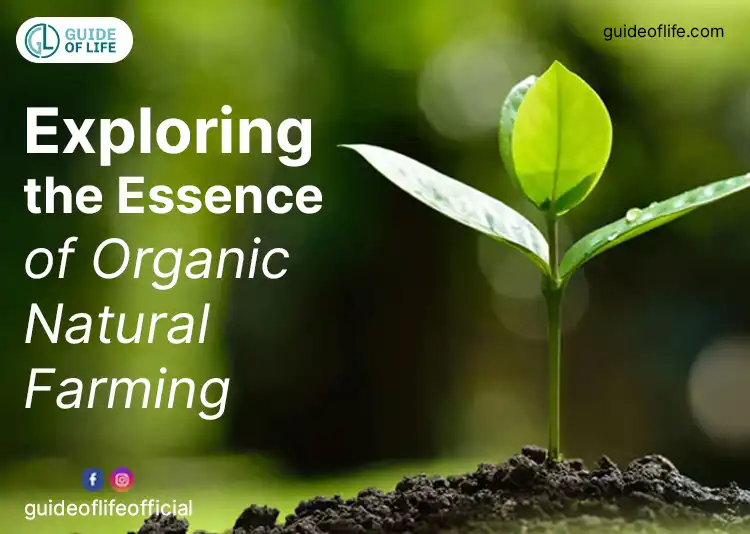Exploring the Essence of Organic Natural Farming

In an era marked by rapid technological advancements and increased awareness of environmental sustainability, the term "organic natural farming" has gained significant traction. It represents not just a method of growing crops but a philosophy that revolves around harmony with nature, minimal intervention, and the promotion of biodiversity. In this exploration, we delve into the essence of organic natural farming, understanding its principles, practices, and the profound impact it has on our environment and health.
The Foundation: Organic and Natural Farming Defined
Organic natural farming is an agricultural approach that focuses on cultivating crops without the use of synthetic pesticides, herbicides, or genetically modified organisms (GMOs). It prioritizes the utilization of natural resources and processes, striving to mimic the rhythms of nature in farming practices. At its core, organic natural farming is rooted in sustainability, recognizing the interconnectedness of all living organisms within an ecosystem.
Principles of Organic Natural Farming
- Soil Health: Central to organic natural farming is the belief that healthy soil is the foundation of a thriving ecosystem. It emphasizes nurturing the soil through the use of organic matter, compost, and cover crops. Healthy soil not only promotes better plant growth but also sequesters carbon, mitigating climate change.
- Biodiversity: Organic natural farming embraces biodiversity, discouraging monoculture. Diverse ecosystems attract beneficial insects and organisms that naturally control pests and diseases. This reduces the need for chemical interventions.
- Minimal Disturbance: Unlike conventional farming that involves tilling, organic natural farming advocates for minimal soil disturbance. No-till or reduced-till methods help preserve soil structure and reduce erosion.
- Composting: Compost is regarded as 'black gold' in organic natural farming. It enhances soil fertility, improves water retention, and contributes to the overall health of the ecosystem.
Benefits of Organic Natural Farming
- Environmental Sustainability: By avoiding synthetic chemicals and promoting biodiversity, organic natural farming helps protect the environment. It reduces soil erosion, preserves water quality, and supports wildlife habitats.
- Healthier Food: Organic natural farming produces crops that are free from chemical residues. This results in healthier and safer food choices for consumers.
- Climate Mitigation: Organic soils act as carbon sinks, helping to mitigate climate change by sequestering carbon dioxide from the atmosphere.
- Resilience: Diverse ecosystems created by organic natural farming are more resilient to extreme weather conditions and pests, reducing the risk of crop failure.
- Economic Viability: While the transition to organic natural farming may require initial investment, it often leads to reduced input costs and increased long-term sustainability, benefiting farmers economically.
Challenges and Future Outlook
While the principles of organic natural farming are promising, there are challenges. These include the potential for lower yields during the transition period, higher labor requirements, and the need for education and training.
However, the future of agriculture increasingly leans toward organic natural farming as consumers demand healthier, more sustainable food choices. Governments and organizations are also recognizing its importance, offering support and incentives to farmers who adopt these practices.
Conclusion
Organic natural farming is more than just a method of growing food; it's a commitment to safeguarding our environment, preserving biodiversity, and ensuring the well-being of future generations. By understanding and embracing the essence of organic natural farming, we take a significant step toward a more sustainable and harmonious coexistence with the planet. It's not just a farming method; it's a way of life that respects the Earth and all its inhabitants.

